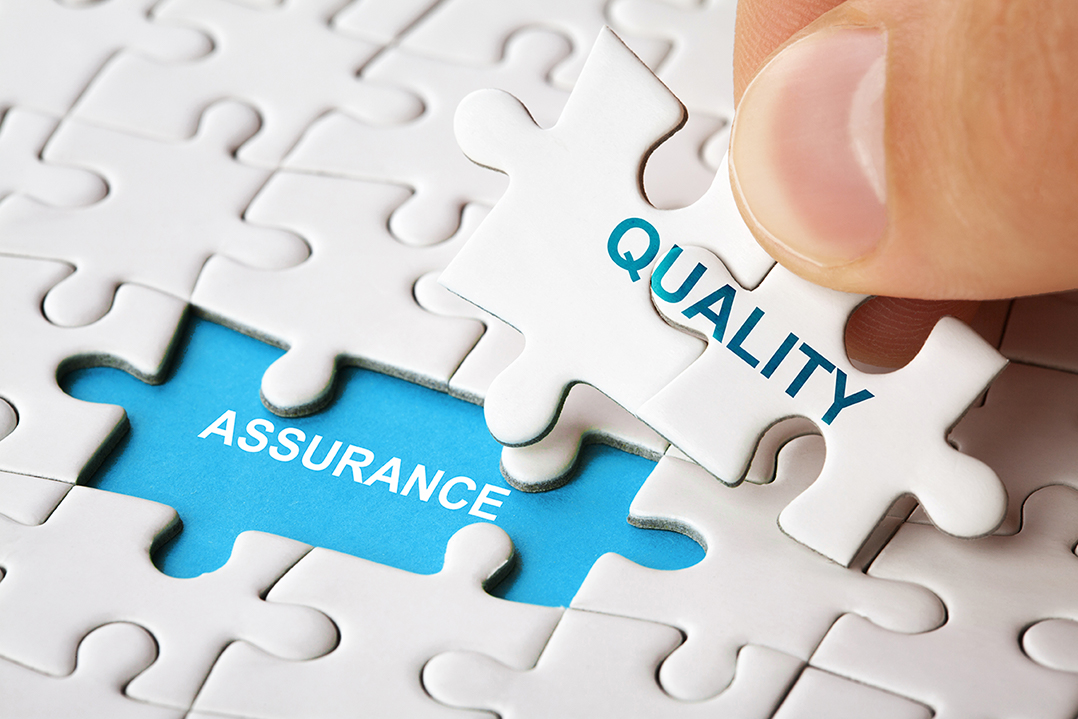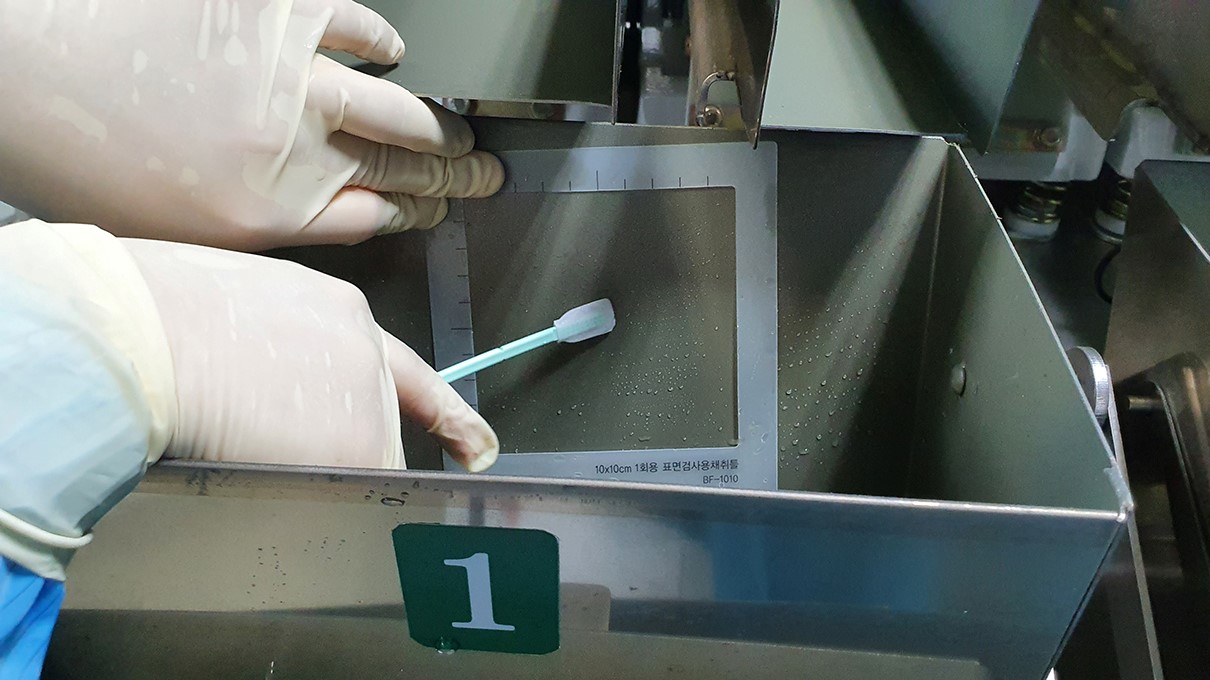Background
In recent years, exciting advancements in biosimilars assay technology have led to a deeper comprehension of structural activity relationships. This means that the analytical methods now offer the highest degree of assurance when it comes to Biosimilarity. However, the requirements for comparative efficacy trials have mostly remained the same, especially for complex proteins such as monoclonal antibodies.
We must consider the challenges and limitations of comparative efficacy trials:
- An intriguing aspect of monoclonal antibodies is that they don’t exhibit dose-limiting toxicity. Consequently, they’re often administered at doses above the maximum effective dose. This means that in vitro assays are much better at detecting potency differences between biosimilars and reference products than comparative efficacy trials.
- Designing comparative efficacy trials can be quite a task since they need to occur in a setting where the reference treatment demonstrates a considerable therapeutic effect. Replicating a successful, placebo-controlled trial might not always be feasible, ethical, or practical due to changing treatment paradigms.
FDA Workshop Insights
Faced with mounting challenges, regulatory authorities are beginning to re-evaluate the existing criteria for comparative efficacy studies. This hot topic took centre stage at a workshop held by the US Food and Drug Administration (FDA) and the International Pharmaceutical Regulators Program (IPRP) Biosimilars Working Group (BWG) in September 2023. A diverse group of speakers from regulatory bodies and industry giants, such as the UK MHRA, WHO, EMA, Health Canada, Japanese PMDA, Korean MFDS, and US FDA, contributed their valuable insights.
The following are the insights from different regulatory bodies:
- MHRA guidelines currently state that, in most cases, a comparative efficacy trial might be unnecessary if backed by sound scientific rationale. However, sponsors continue to conduct them primarily because of requirements from other agencies such as FDA and EMA. Thus, closing the gap and aligning requirements across major regulatory agencies is crucial.
- WHO state that analytical functional testing, and robust PK and PD studies are often sufficient for demonstrating Biosimilarity – without the need for extensive in vivo animal studies or large confirmatory efficacy and safety trials. WHO 2009 guideline has been updated and it refers to a tailored clinical data package and state that the decision to authorise the product will be dependent upon the demonstration of extent of similarity between the biosimilar and reference product
- EMA is working on new guidance to specify a level of similarity at the product quality level that could potentially render comparative clinical efficacy trials unnecessary. Though promising, there is a potential issue with this approach being too restrictive if statistical criteria drive it.
- FDA is also expressing faith in comparative analytical data and acknowledges that clinical endpoints are not as sensitive for detecting differences. The agency is now developing risk-based criteria for situations where limited clinical assessment might be deemed acceptable – an exciting step in the right direction.
Summary
With all these developments, regulatory authorities are progressing toward more streamlined and quality-based biosimilar approval processes that emphasise product quality.
List of References
For more information on the guidelines, please click here World Health Organization Guidelines on Evaluation of Biosimilars
For more information on our Regulatory Consulting and Compliance Services please click here https://www.spgl.eu/services/regulatory-consulting-compliance
To view the FDA workshop details please click here. FDA Increasing Efficiency Biosimilar Development Programs Re evaluating
Interested in learning more? Contact us today to find out how we can help with your technical needs.
Similar posts

28 September 2022
FDA FY2021 Report


